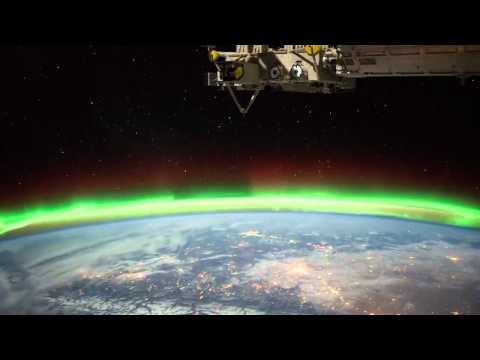From Exoplanets to Cosmic Radiation: The Latest in Galactic Science
The field of galactic science is constantly evolving, with new discoveries and advancements being made on a regular basis. From exoplanets to cosmic radiation, researchers are delving deeper into the mysteries of our galaxy and beyond. In this article, we will explore some of the latest developments in galactic science.
Exoplanets, or planets that orbit stars outside of our solar system, have been a hot topic in galactic science for the past few decades. Thanks to advancements in technology, astronomers have been able to detect and study thousands of exoplanets, providing valuable insights into the diversity of planetary systems in our galaxy. Recently, researchers have made significant progress in understanding the atmospheres of exoplanets, which can provide clues about their composition and potential habitability.
One exciting discovery in the field of exoplanets is the detection of water vapor in the atmosphere of K2-18b, a potentially habitable exoplanet located 110 light-years away from Earth. This finding raises the possibility that this distant world could support life, marking a major milestone in the search for extraterrestrial life.
In addition to exoplanets, researchers are also studying cosmic radiation, which consists of high-energy particles that originate from sources such as supernovae and black holes. Cosmic radiation poses a significant threat to astronauts and spacecraft traveling through space, as it can damage DNA and increase the risk of cancer. Scientists are working to better understand cosmic radiation and develop technologies to protect astronauts on long-duration space missions, such as those to Mars or beyond.
One recent development in the study of cosmic radiation is the detection of ultra-high-energy cosmic rays, which are the most energetic particles in the universe. These particles can travel at nearly the speed of light and carry billions of times more energy than particles produced in the Large Hadron Collider. By studying these cosmic rays, scientists hope to gain insights into the most extreme environments in the universe and unravel the mysteries of cosmic accelerators.
Overall, the latest research in galactic science is shedding light on the complexities of our galaxy and the universe as a whole. From exoplanets to cosmic radiation, researchers are pushing the boundaries of our knowledge and opening up new avenues for exploration. As technology continues to advance, we can expect even more groundbreaking discoveries in the field of galactic science in the years to come.













